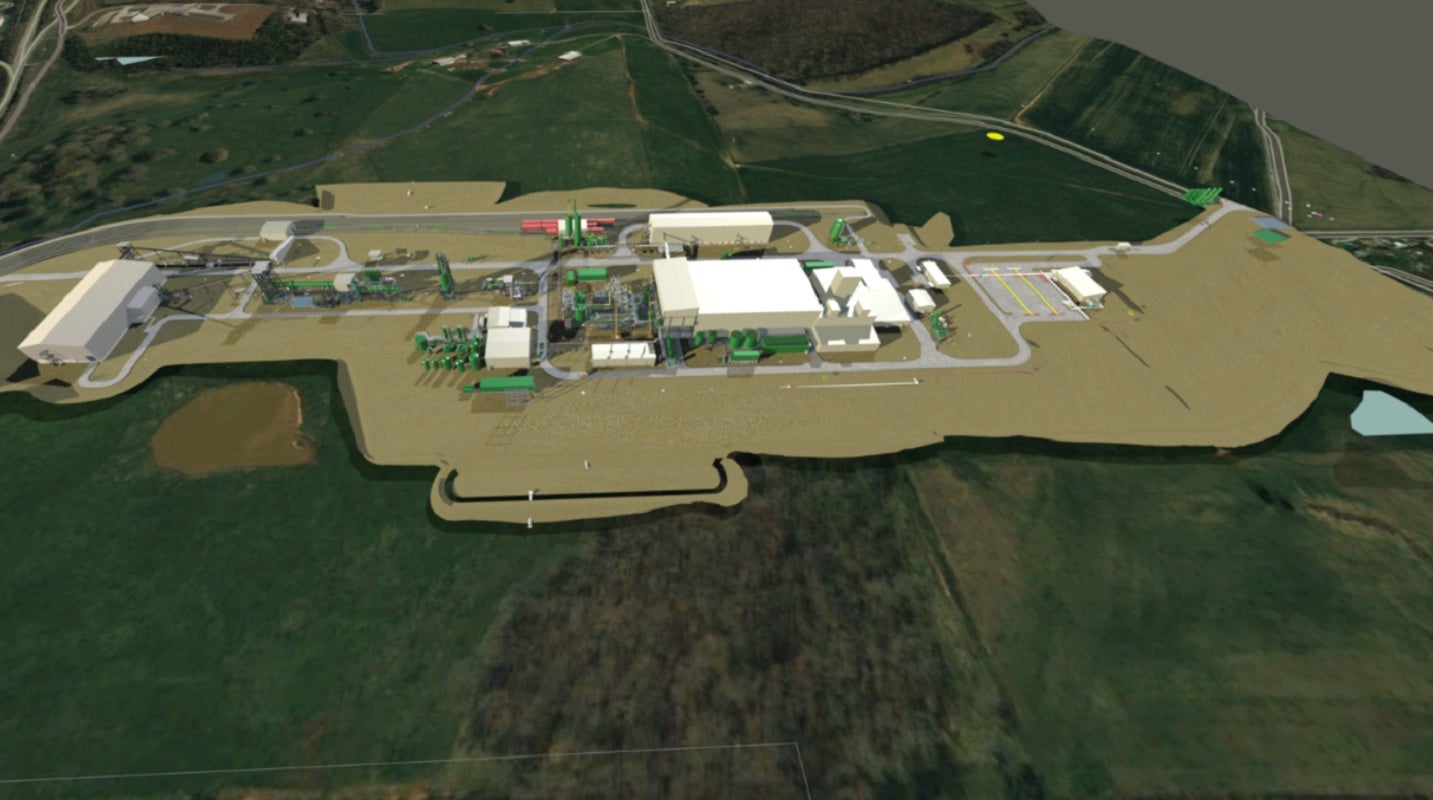
Piedmont Lithium has secured a Conditional Major Non-Title V Construction and Air Permit (air permit) for the proposed Tennessee Lithium project in McMinn County, Tennessee, US.
The permit has been issued by the Tennessee Department of Environment and Conservation.
With the issuance, the company now holds all the required material permits to start construction on the lithium facility, which will be equipped to produce 30,000 tonnes per annum (tpa) of lithium hydroxide.
Estimated to cost approximately $800m for development, the lithium hydroxide manufacturing plant is due to start production in 2026.
Piedmont Lithium president and CEO Keith Phillips said: “Tennessee Lithium is uniquely positioned in America’s emerging Battery Belt to supply the domestic market with crucial, made-in-America lithium resources.
“As demand for lithium hydroxide continues to soar in the US, this conversion facility will be key in the domestic effort to reduce reliance on foreign nations for lithium processing.”

US Tariffs are shifting - will you react or anticipate?
Don’t let policy changes catch you off guard. Stay proactive with real-time data and expert analysis.
By GlobalDataEarlier this year, Piedmont Lithium announced a definitive feasibility study (DFS) for the Tennessee Lithium project that demonstrated robust project economics.
In a press statement, Piedmont said: “With a project net present value of $2.5bn and an internal rate of return of 32%, the DFS underscored the positive impact of America’s clean energy policies and the value of the company’s hard-rock production strategy.”
In 2022, the US Department of Energy announced a $141.7m grant to support the construction of the Tennessee Lithium project.
The project is expected to help significantly boost the country’s current lithium hydroxide production capacity of 17,000tpa.



